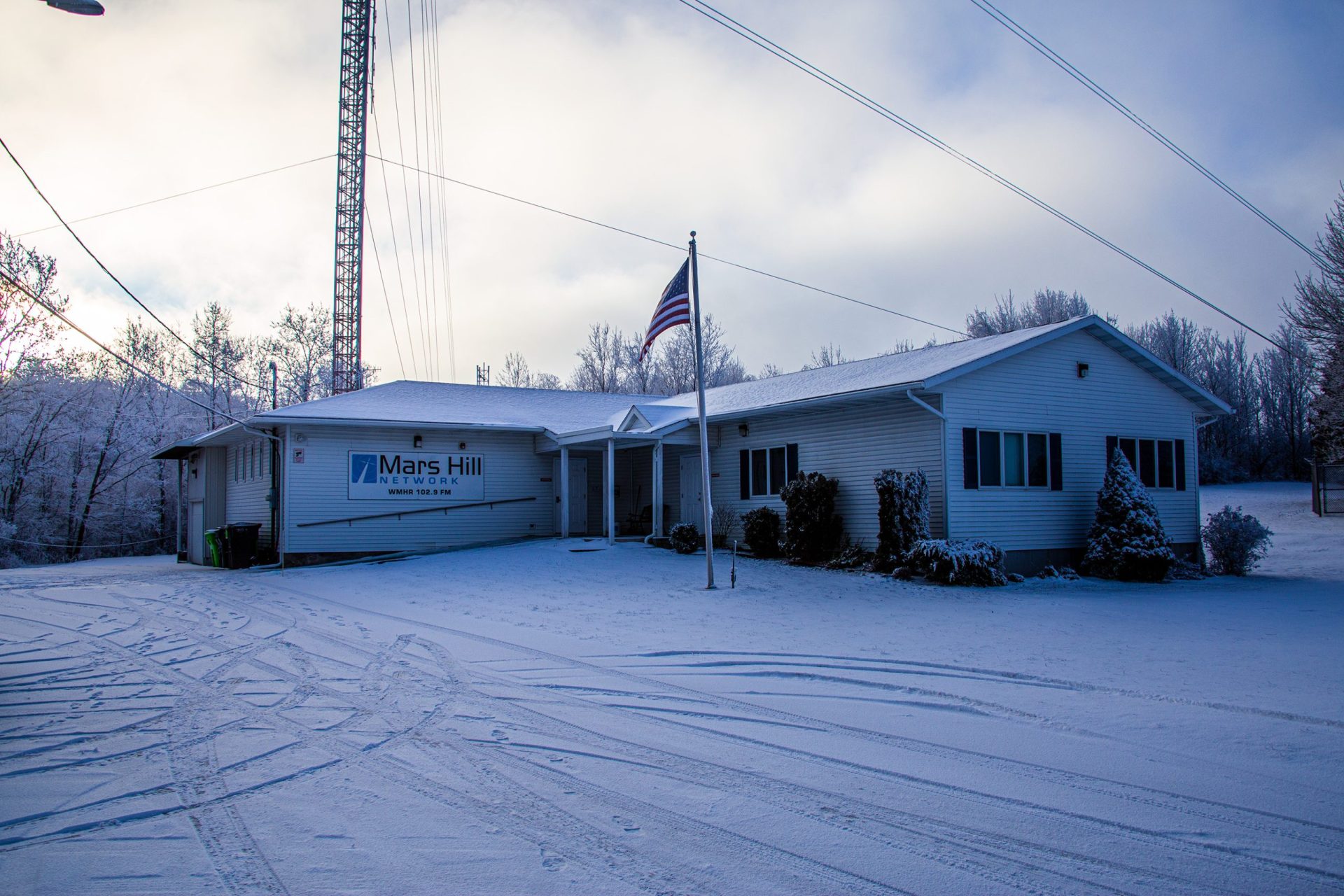Pope urges end to Papua New Guinea tribal conflicts and fair, sustainable extraction of resources
Written by on September 6, 2024
[[{“value”:”
PORT MORESBY, Papua New Guinea (AP) — Pope Francis called Saturday for an end to tribal violence that has wracked Papua New Guinea for decades and appealed for sustainable, equitable development of its natural resources during a visit to the South Pacific nation.
Dancers in swishing grass skirts performed for Francis as he opened his first full day in the country with a mix of political and church business. He met with the governor general and then addressed government authorities before visiting with the country’s priests, nuns and street children.
Francis is on an 11-day, four-nation tour through Southeast Asia and Oceania, the longest and most challenging of his pontificate. He landed on Friday evening in Port Moresby, the capital of the Commonwealth nation, from Jakarta, Indonesia to open the second leg of his journey.
During his speech to government authorities and diplomats, Francis marveled at the diversity of the Papua New Guinea’s people – there are some 800 languages spoken here – saying their variety must be “a challenge to the Holy Spirit, who creates harmony amid differences!”
But he also noted that such diversity has long created conflict here, a reference to the t ribal violence over land and other disputes that have long characterized the country’s culture but have grown lethal in recent years. Francis appealed for a sense of civic responsibility and cooperation to prevail, to benefit everyone.
“It is my particular hope that tribal violence will come to an end, for it causes many victims, prevents people from living in peace and hinders development,” he said.
If people agree to sacrifice their personal interests for the common good, “the necessary forces can be used to improve infrastructure, address the health and educational needs of the population and increase opportunities for dignified work,” he said.
The poor, strategically important Commonwealth nation is home to more than 10 million people, most of whom are subsistence farmers.
In a related appeal, Francis also called for a “definitive solution” to the question of Bougainville, an island region whose people voted overwhelmingly to become independent from Papua New Guinea in 2019. The outcome of the nonbinding referendum has not been implemented.
Francis also appealed for fair and environmentally sustainable extraction of country’s vast natural resources, which include gold, nickel and natural gas. Disputes over how wealth should be distributed and who is entitled to mining royalties which have often led to conflicts.
Francis has long insisted that development of natural resources must benefit local people, not just the multinational companies that extract them, and be pursued in an environmentally responsible way to preserve them for future generations.
He made that argument again Saturday, saying Papua New Guinea’s resources “are destined by God for the entire community.”
“Even if outside experts and large international companies must be involved in the harnessing of these resources, it is only right that the needs of local people are given due consideration when distributing the proceeds and employing workers,” he said.
“These environmental and cultural treasures represent at the same time a great responsibility, because they require everyone, civil authorities and all citizens, to promote initiatives that develop natural and human resources in a sustainable and equitable manner,” he said.
Later Saturday, Francis was visiting with charity workers who care for street children and then meeting with Papua New Guinea’s clergy and religious sisters at a Marian sanctuary. On Sunday, he travels deep into the jungle to meet with Argentine missionaries.
Francis is the second pope to visit Papua New Guinea, after St. John Paul II visited first in 1984, then in 1995 to beatify Peter To Rot, a Catholic layman who was declared a martyr for the faith after he died in prison during World War II.
___
Associated Press religion coverage receives support through the AP’s collaboration with The Conversation US, with funding from Lilly Endowment Inc. The AP is solely responsible for this content.
Brought to you by www.srnnews.com“}]]




